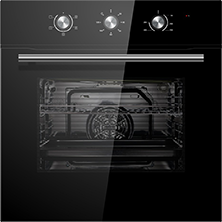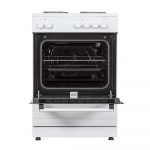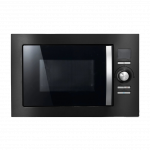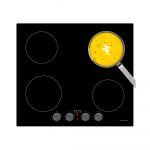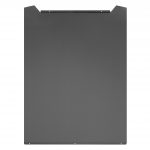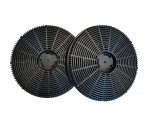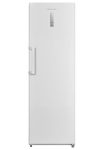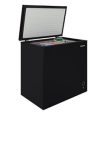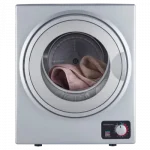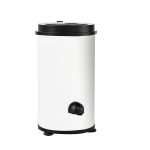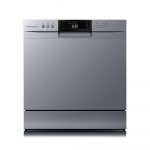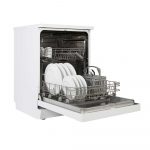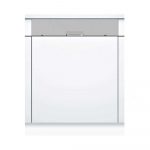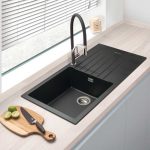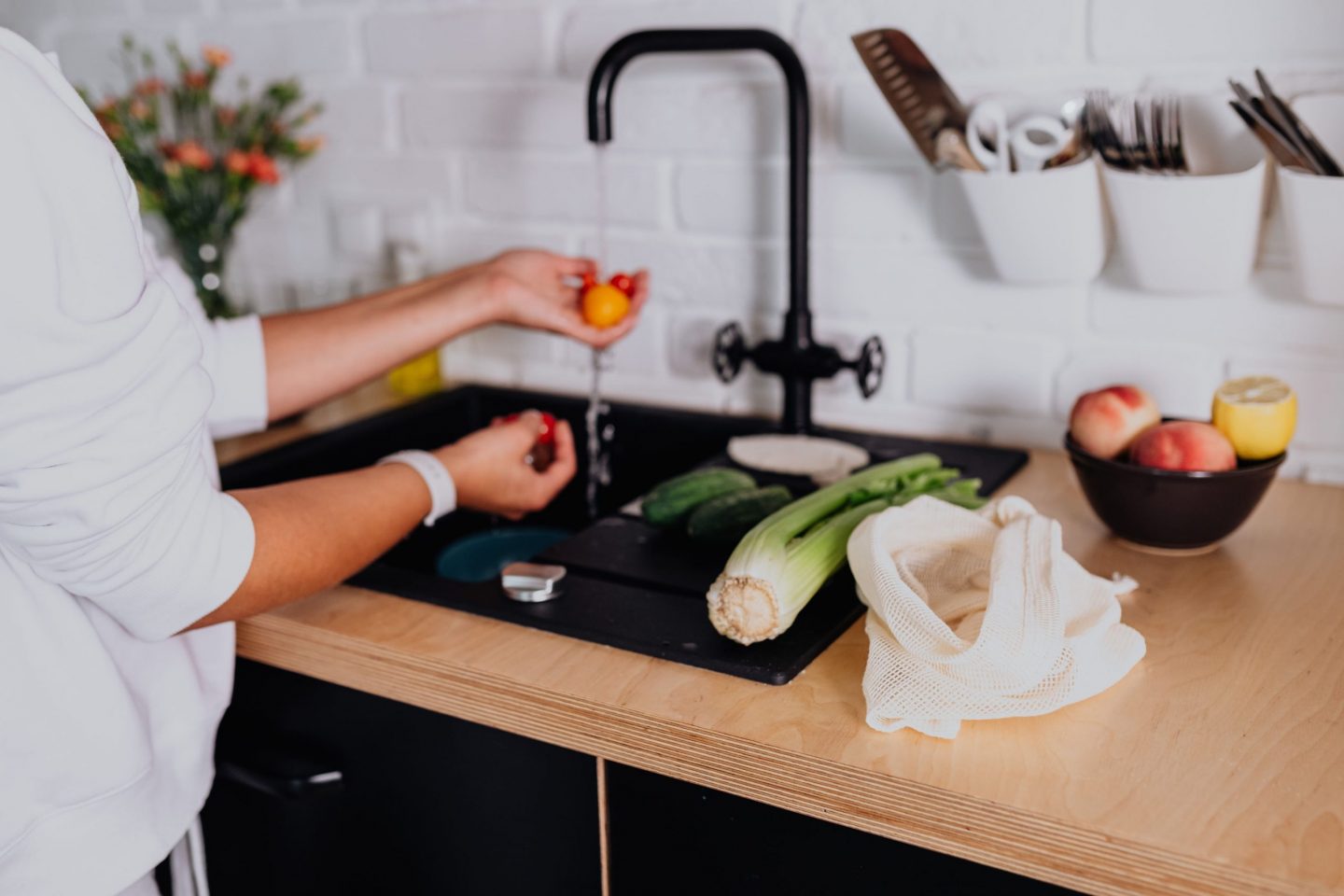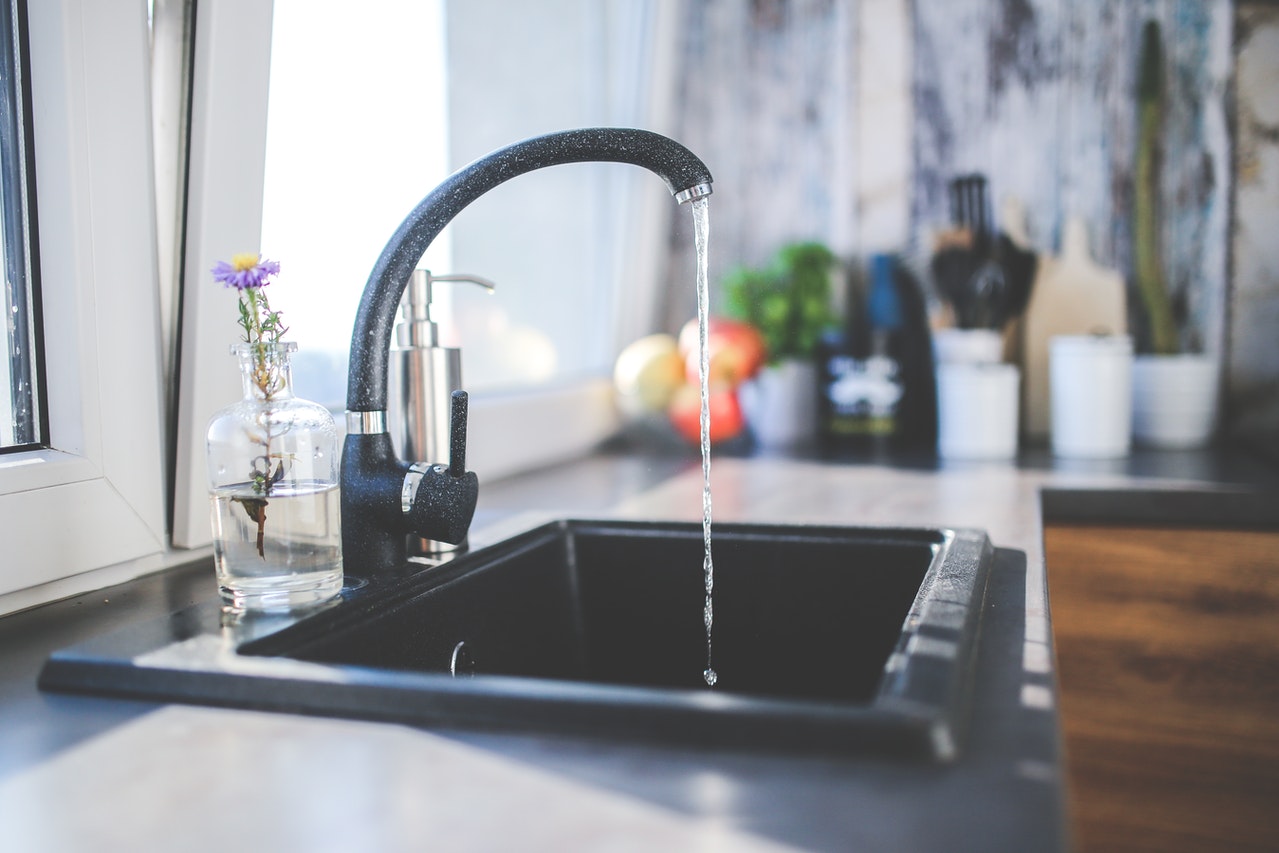The heart of every home is the kitchen, and the centrepiece of this space? The humble kitchen sink. Think about it – it’s where the cooking journey begins and ends, from defrosting foods from the freezer to washing up used utensils and pots.
But not all sinks are created equal. Enter the world of composite kitchen sinks, which have become a modern favourite. As with any popular trend, it’s essential to dig deeper and weigh its advantages against the drawbacks.
At Cookology, we aim to help our customers in every way possible. To coincide with the launch of our new range of inset and under-mount kitchen sinks, our experts have come together to create a tell-all guide to one of the most popular types of kitchen sinks – the granite composite. We’ll map out its pros and cons to give you all the information you need to make an informed purchase on your new kitchen sink.
What Is a Composite Kitchen Sink?
Granite composite kitchen sinks, also known as granite sinks, are made up of a mixture of different materials including Quartz granite particles and acrylic resins. These materials combine to produce a super hard, smooth and colour-fast finish that also contains antibacterial properties.
Pure granite sinks are quite rare these days as they need to be carved out of a lump of granite, which is a naturally occurring material and often has inherent blemishes which can come to the surface after years of wear. The advantage of composite granite sinks is that they have the appearance of natural granite without any of the downsides.
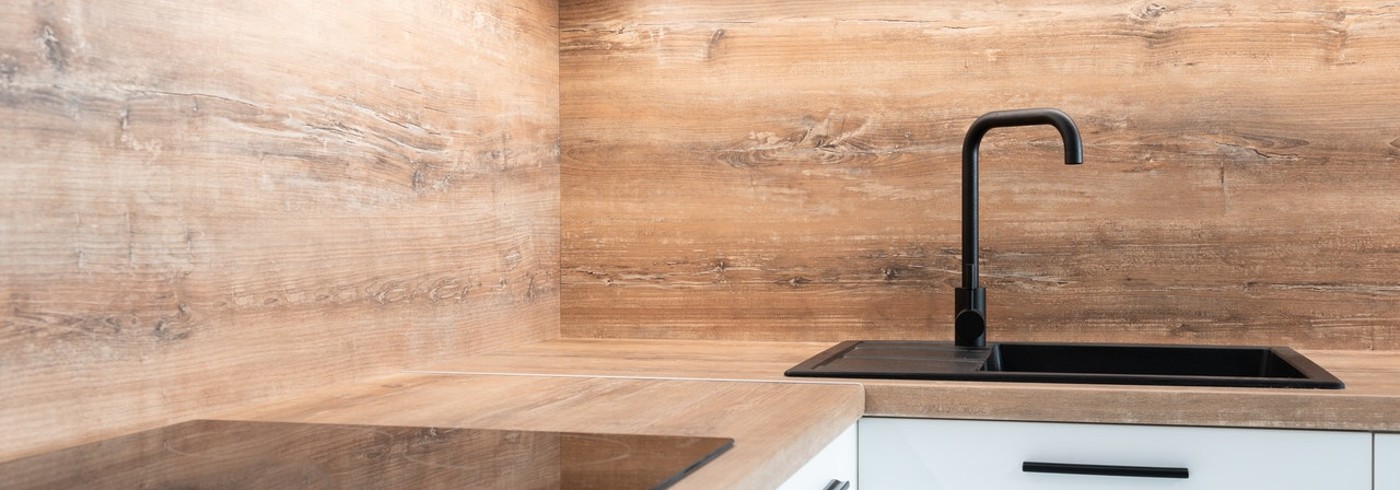
Cookology Composite Sinks
Shop Now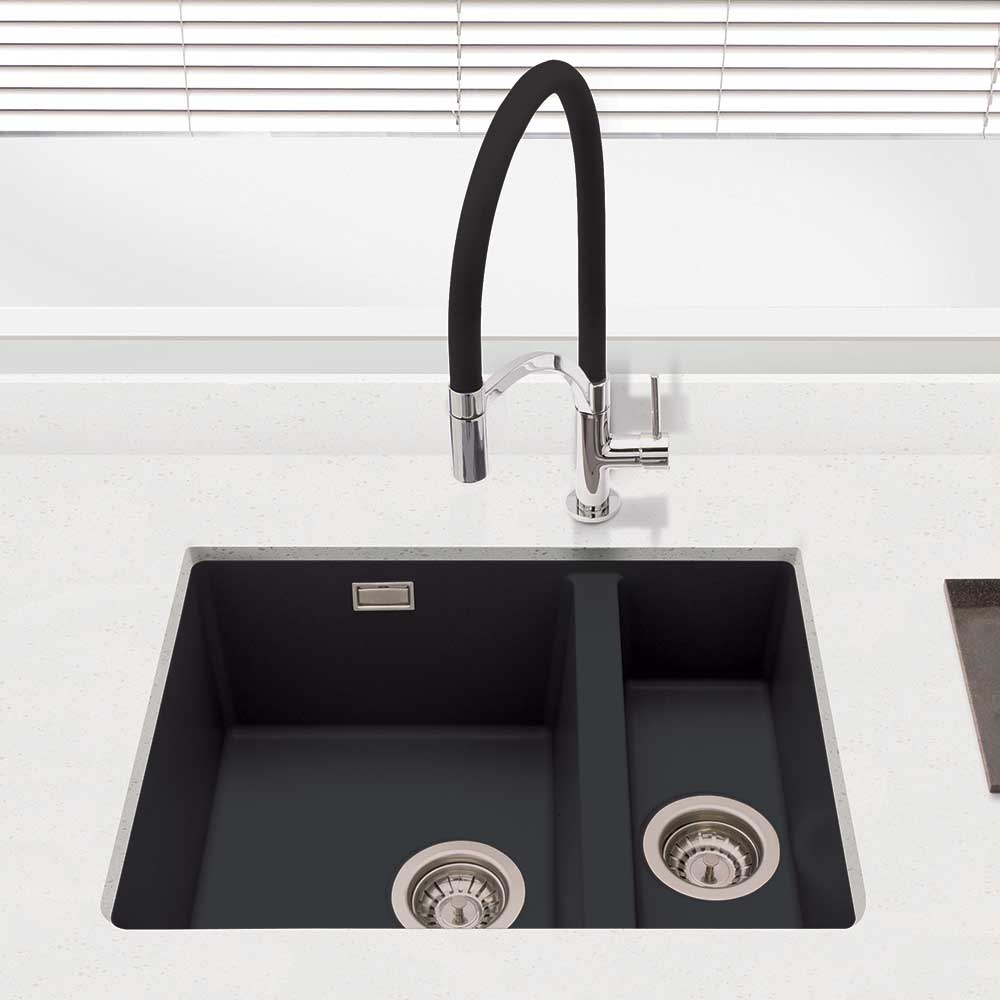
Pros of Composite Sinks
-
Stylish Looks
Just look at them. Beauty is in the eye of the beholder, but not many could argue the aesthetic of a composite sink is not impressively sleek. We believe that our Cookology kitchen sinks are far more modern than the tired-looking sinks that have been a staple in UK houses for decades. It’s time for an upgrade, and it’s even easier with a granite composite sink, as its blend of materials makes it far easier to fit aesthetically with the rest of your kitchen and home.
-
Effortless Cleaning
Maintaining the pristine condition of a composite granite sink is as easy and quick as you’d expect from a stainless steel sink. The surface of a granite composite sink has anti-bacterial properties, so stains often easily wash off. To clean a granite composite sink, simply use water, a little washing-up liquid and a non-abrasive sponge or scrub pad, and scrub anything away with ease. To prevent any soap streaks left behind, rinse the sink thoroughly with clean water until there’s no residue left.
-
Durability
Composite granite sinks are primarily made up of a mixture of quartz granite particles and resin, both of which are incredibly hard-wearing and durable. Because of this, any knocks that would usually dent, chip or scratch a regular sink will not show up on a composite sink. If you’ve had a ceramic or stainless-steel sink for your home, you’ll know how run-down it can look after years of usage and wear and will be amazed to see how fresh and clean a composite sink looks even years later.
-
Heat Resistance
As with all types of sinks, granite composite kitchen sinks are heat resistant. However, they are not heat-proof when it comes to extreme temperatures such as a hot pan taken off the hob and placed directly into the sink. The acrylic resin in the mix of a granite composite sink could warp or melt. To avoid any possible damage, it is advised to ensure a hot pan is allowed to cool or to place the pan into a sink full of cold water.
-
Price
You may be thinking that it costs an arm and a leg to get a granite composite sink. Think again! Granite composite sinks are far less expensive than solid granite, and the best part is that you never have to sacrifice the benefits of using granite in your home! If you want to look at exactly how much a fresh granite composite sink costs, take a look at Cookology’s collection online today.
Learn more in our Help Centre
Find out about Cookology's deliveries and returns, warranty FAQ's and environmental policies in our help centre.
FIND OUT MORE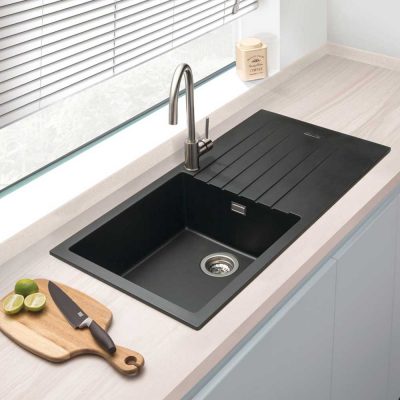
Cons of Composite Sinks
-
Weight
Compared to a ceramic or stainless-steel sink, granite composite sinks are heavier on average. However, this is only by a small increase, and they are just as easy to install. Besides, once the inset or under-mount sink is fitted you won’t notice any weight difference.
-
Chemicals
Bleach and chlorides, which are found in almost all cleaning solutions and detergents, can be damaging if left on your sink for long periods. Please avoid prolonged contact with these substances as they can attack the surface of your sink and can cause damage. Please ensure substances such as these are thoroughly rinsed from the sink surface and flushed through pipework immediately after use. Always wipe the sink down after rinsing and apply a granite sink cleaning liquid to the surface of the sink weekly, remembering to fully rinse and dry your sink thoroughly.
Hard water areas are susceptible to limescale deposits, these can be reduced by cleaning the sink thoroughly after every use, a diluted bleach solution can be used to help remove any deposits, please remember to rinse and dry your sink thoroughly after applying this method as any remaining bleach solution could damage your sink surface irreplaceably.
Keep the limitations of this type of sink in mind when using them, but don’t let it ruin your view of granite composite sinks as a whole. These few cons are minuscule when you look back at those fantastic benefits. If you’re interested in getting one for yourself, browse through Cookology’s sublime collection of granite composite kitchen sinks today, and get it delivered to your home free of charge!
